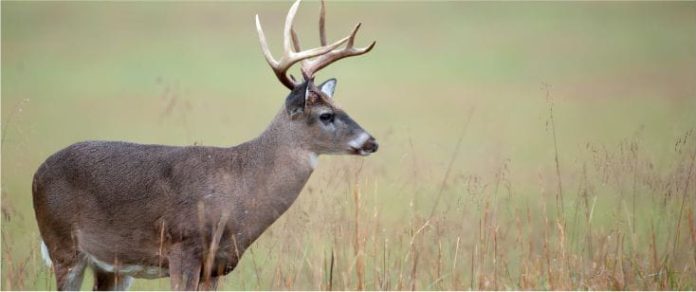
In 2022, the TIPP line received 1,440 reports about illegal hunting, fishing and timber harvesting, as well as environmental offences. Conservation officers issued 2,602 written warnings and laid 1,604 charges.
Kimiya Shokoohi, Local Journalism Initiative Reporter, Saskatoon StarPhoenix
Two weeks ago, in the middle of the night, conservation officers in Prince Albert received a call reporting gunshots heard near a home.
The officers drove north of the city and found a hunter loading an adult moose into the back of a truck.
Scenes like this are not uncommon in rural Saskatchewan. Wild game is shot off-season; carcasses are left to rot in the wild; hunters pursue their sport within 500 meters of occupied buildings. Polluters also leave discarded appliances and furniture in forests and fields.
Saskatchewan’s 24-hour, toll-free Turn in Poachers and Polluters (TIPP) line was established in 1986 to help conservation officers protect the province’s natural resources and environment.
“It’s a reminder for people, if they see a violation, to report it,” said Ken Aube, Chief Superintendent of Enforcement Support Services with Provincial Protective Services. “It holds people accountable for committing the violations.”
When these calls are made, conservation officers may administer an arrest pending evidence, seize firearms, issue tickets and salvage the game.
In 2022, the TIPP line received 1,440 reports about illegal hunting, fishing and timber harvesting, as well as environmental offences such as illegal dumping or burning. Many investigations that started with a TIPP call ended with convictions.
In 2022, conservation officers issued 2,602 written warnings and laid 1,604 charges.
One of the commonly reported incidents lately is mistaken identification of species — hunters have been shooting mule deer instead of white-tailed deer. Aube recommends they study the hunting guide and the species before venturing out.
“It happens when people aren’t familiar with looking at different species of deer,” Aube said. “They may just mistake it. It could be standing in some trees and they don’t a real good look at it.”
Aside from physical characteristics, behaviour — the way an animal runs and the way it reacts to its environment — can also help identify a species, Aube added.
• If you suspect illegal activity, you can call the TIPP phone line toll-free at 1-800-667-7561 or report the violation online at saskatchewan.ca/tipp
Kimiya Shokoohi is the Local Journalism Initiative reporter for the Saskatoon StarPhoenix. The LJI program is federally funded by the Government of Canada.

